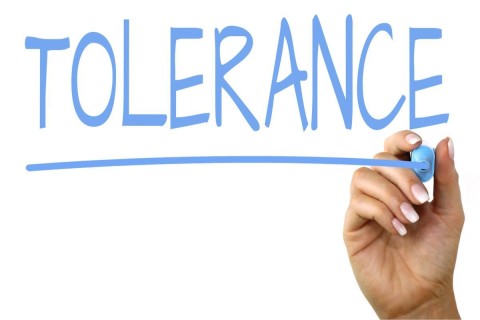When we have a distaste for certain people with whom we’re obligated to work or associate, we may try to encourage ourselves to find ways to lessen our distaste. There must be a way to put up with that individual, we tell ourselves. Surely I can find the patience to avoid displaying hostility. I’ll just keep a distance and endure her behavior or his antics.
The instinct to be tolerant is commendable. But relationships for which we’re responsible or in which we play a role deserve something more positive than mere forbearance. When the attitudes, opinions, and behaviors of others within our circles bother us, that shouldn’t be an excuse for not cultivating a positive regard. Tolerance is lukewarm at best, condescending at worst. It’s putting up with what we’re not wild about. Enduring someone we disapprove of. Trying to demonstrate we’re unprejudiced.
Some differences we have with others are too strong to ignore or too consequential to overlook. But if there’s one behavior we could afford to cultivate more thoroughly, it’s one that would warm us up to others whom we’re inclined to dislike.






